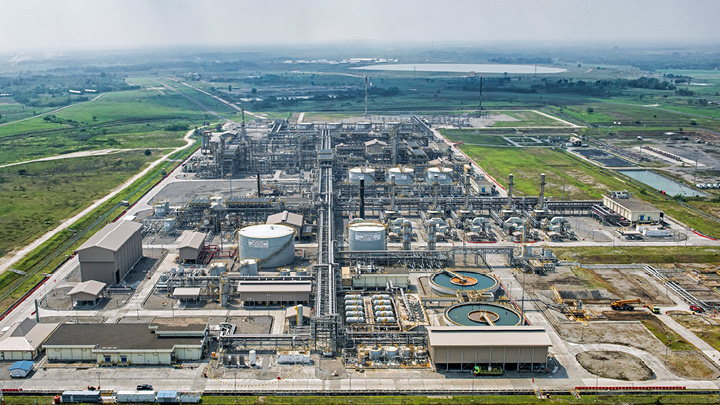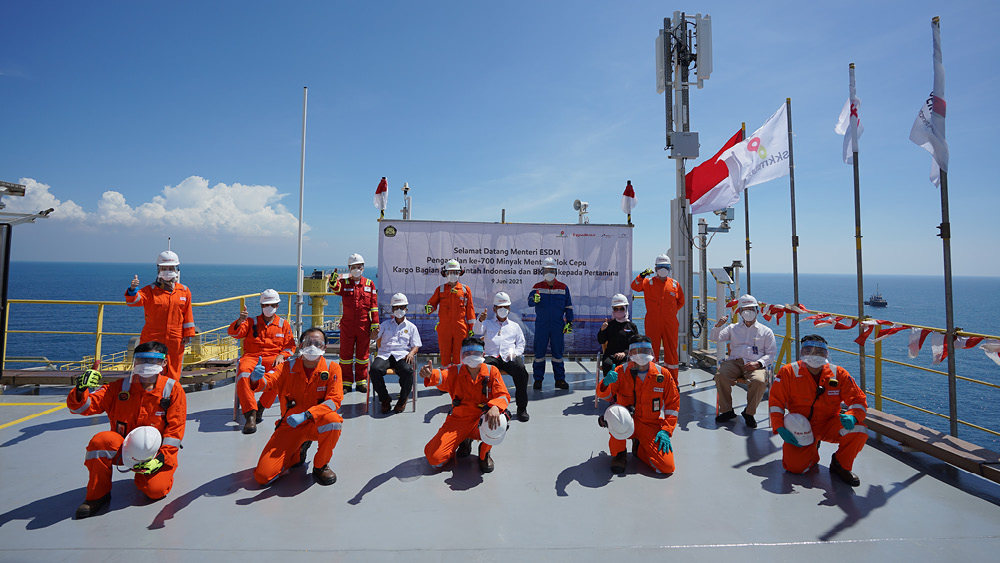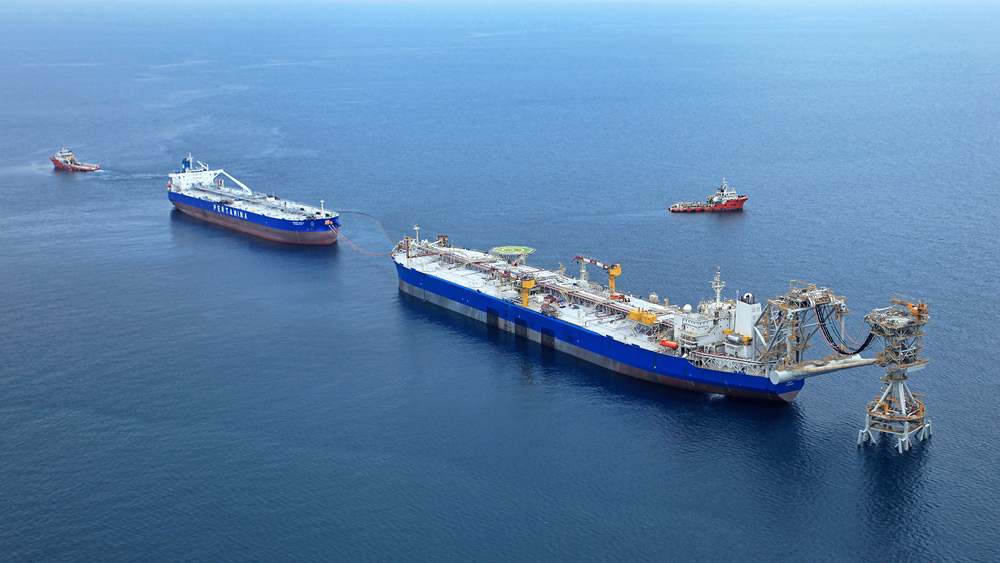The Contributions of Cepu Block Towards Resilient Indonesia, Growing Indonesia
How do we assess oil and gas projects that contribute to the realization of “Resilient Indonesia, Growing Indonesia”?
How do they contribute to the rise of Indonesia's economic growth? What about their contributions to the transfer of knowledge for Indonesia? Or, their contribution to the development of the communities around their area of operations? Keep reading, we will get the answers to these three questions.
Tempo
August 16, 2021

The Banyu Urip project is the first development in the Cepu Block Working Area which is located in Central and East Java Provinces that involves the development of the oil field of Banyu Urip in Bojonegoro, East Java. Under the supervision of SKK Migas as the regulator of the management of the upstream oil and gas industry based on production sharing contract, ExxonMobil Cepu Limited (EMCL) is the operator of the Cepu Block with a 45 percent participating interest; together with Cepu Block partners, PT Pertamina EP Cepu, who holds 45 percent; and four local government companies, together hold the remaining 10 percent.
Contribution to the economic growth

The Minister for Energy & Mineral Resources Arifin Tasrif, take a picture with ExxonMobil workers in Cepu Block offshore facility, June 9th 2021.
Early oil production from the Banyu Urip field in Cepu Block began in 2008, through the Early Production Facility (EPF). The main production facility, CPF (Central Processing Facility) has started production since the fourth quarter of 2015. Since the initial production until today, EMCL continues to achieve impressive performances.
Currently, the Banyu Urip field is the largest oil producer in Indonesia. Based on our technical evaluation, the estimated oil reserves of Banyu Urip have more than doubled to 940 million barrels of oil from the 450 million barrels of oil targeted in the original Plan of Development (PoD). The total cumulative production from the Cepu Block until July 2021 has reached more than 485 million barrels of oil. This amount exceeds the estimation of total volume of oil reserves production at the original PoD.
The peak production rate of the Banyu Urip field lasts for 5 years, or 3 years longer than the original PoD estimate. In addition, the peak oil production level is also about 30 percent higher than the original PoD production level.
As natural characteristics of reservoirs around the world, the oil production from the Banyu Urip field has started to decline naturally. EMCL together with SKK Migas and Cepu Block partners, continue to make efforts to manage this production decline, including exploring other new opportunities in the Cepu Block.
"Together, with the support of the government and partners, we contribute to the safe, reliable and efficient operation of the Cepu Block," said Muhammad Nurdin, Senior Vice President of EMCL. "Thus, we can help strengthen Indonesia's energy security by contributing about 30 percent of national oil production."
Contribution to the transfer of knowledge
During the construction period of the Banyu Urip project, engineering, procurement and construction (EPC) contracts were executed by five consortiums led by Indonesian companies. The consortium appointed more than 460 subcontracting companies that employed around 17,000 workers at the peak of construction. These workers receive training and more than 2,500 job certifications. The Banyu Urip project also uses the first drilling rig which is completely built in Indonesia. All of this allows for other multiple benefits in the form of transfer of knowledge and experience that can be useful in working on similar projects in the future.
More than 99 percent of ExxonMobil Cepu Limited's employees are Indonesia’s best talents. One hundred and ten of them are operators who were selected from around ten thousand candidates from the areas around the Cepu Block in Central and East Java and have undergone trainings and mentorings in ExxonMobil's operations in various countries.
“Having attended trainings in California, United States of America, now I am also operating the central processing facility with world-class performance and safety records in the Cepu Block,” said Miftahul Hidayah, a woman from Bojonegoro who works as a permit coordinator.
Contributions to the community development

One of ExxonMobil's tanker in Cepu Block
Since 2007, together with partners and communities, we have contributed more than IDR 500 billion to community development programs. We focus on assisting government programs in education, health, and economic development around our operations area. More than two hundred thousand community members have benefited from our community development programs.
As an example: together with the communities surrounding the operational area, EMCL also initiated the construction of 223 biogas reactors in Bojonegoro and Tuban regencies. Nearly a thousand community members benefit from this alternative energy for their daily needs such as cooking and lighting, thus helping their economy.
Another example, in order to improve environmental health around the operational area, EMCL together with partners from non-governmental organizations as well as the local governments of Bojonegoro, Blora and Tuban Regencies initiated the formation of independent community groups managing clean water to build and manage 35 clean water facilities with pipelines reaching more than 100 kilometers. This program serves more than 38,000 community members.
We also support the government's efforts in dealing with the COVID-19 pandemic. Since the outbreak hit, we have supporting the government in implementing the COVID-19 response program, including the vaccination program. This program reaches children and the elderly, as well as the workers of our distributor partners, including the provision of more than 14,000 supplements and food packages. Most recently, we are also working with other PSC Contractors under the coordination of SKK Migas, to provide oxygen and oxygen tubes.
In addition, over three thousand and seven hundred of our workers have contributed in the form of community service for more than 24 thousand hours in Jakarta, North Aceh, Bojonegoro, Blora and Tuban.
"We hope to continue to grow with the community towards a resilient Indonesia," said Azi N. Alam, Vice President Public and Government Affairs of EMCL. "These community development programs are our contribution to 'Resilient Indonesia, Growing Indonesia'."

The logo of Special Task Force for Upstream Oil and Gas Business Activities Republic of Indonesia, ExxonMobil, Pertamina EP Cepu, and Participating Interest Cooperation Agency of Cepu Block.
